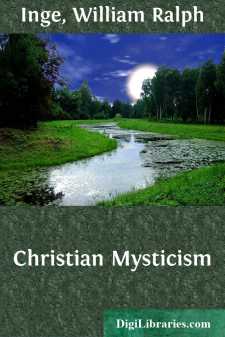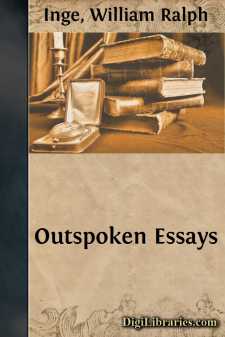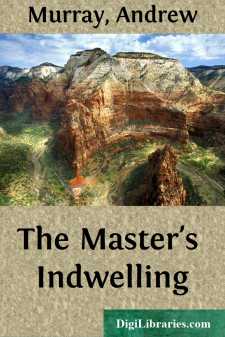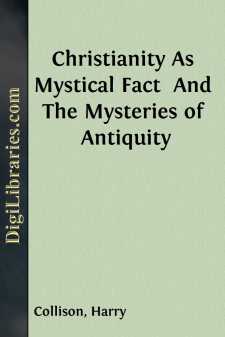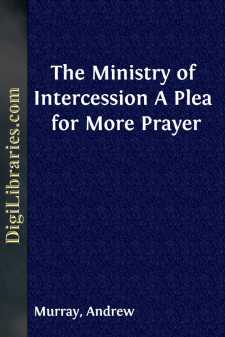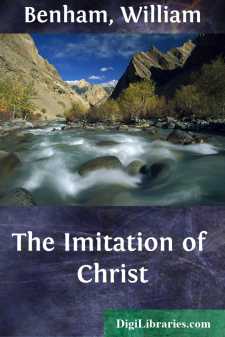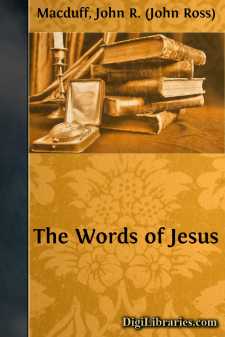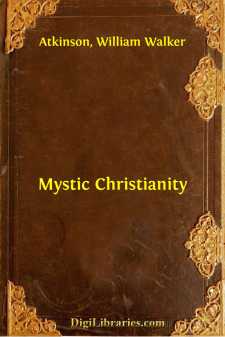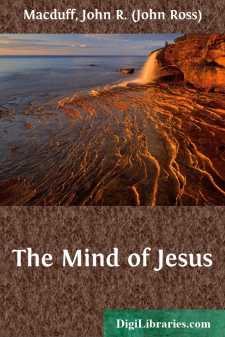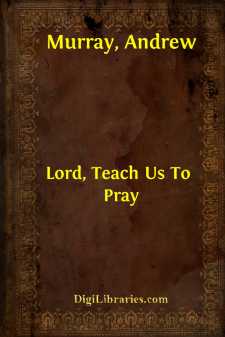Categories
- Antiques & Collectibles 13
- Architecture 36
- Art 48
- Bibles 22
- Biography & Autobiography 813
- Body, Mind & Spirit 142
- Business & Economics 28
- Children's Books 16
- Children's Fiction 13
- Computers 4
- Cooking 94
- Crafts & Hobbies 4
- Drama 346
- Education 46
- Family & Relationships 57
- Fiction 11829
- Games 19
- Gardening 17
- Health & Fitness 34
- History 1377
- House & Home 1
- Humor 147
- Juvenile Fiction 1873
- Juvenile Nonfiction 202
- Language Arts & Disciplines 88
- Law 16
- Literary Collections 686
- Literary Criticism 179
- Mathematics 13
- Medical 41
- Music 40
- Nature 179
- Non-Classifiable 1768
- Performing Arts 7
- Periodicals 1453
- Philosophy 64
- Photography 2
- Poetry 896
- Political Science 203
- Psychology 42
- Reference 154
- Religion 513
- Science 126
- Self-Help 84
- Social Science 81
- Sports & Recreation 34
- Study Aids 3
- Technology & Engineering 59
- Transportation 23
- Travel 463
- True Crime 29
Christian Mysticism
Description:
Excerpt
LECTURE I
[Greek: "Hêmin de apodeikteon hôs ep' eutuchia tê megistê para Theôn hê toiautê mania didotai hê de dê apodeixis estai deinois men apistos, sophois de pistê"]
PLATO, Phædrus, p. 245.
"Thoas. Es spricht kein Gott; es spricht dein eignes Herz. Iphigenia. Sie reden nur durch unser Herz zu uns."
GOETHE, Iphigenie.
"Si notre vie est moins qu'une journée
En l'éternel; si l'an qui fait le tour
Chasse nos jours sans espoir de retour;
Si périssable est toute chose née;
Que songes-tu, mon âme emprisonnée?
Pourquoi te plaît l'obscur de notre jour,
Si, pour voler en un plus clair séjour,
Tu as au dos l'aile bien empennée!
Là est le bien que tout esprit désire,
Là, le repos ou tout le monde aspire,
Là est l'amour, là le plaisir encore!
Là, ô mon âme, au plus haut ciel guidée,
Tu y pourras reconnaître l'idée
De la beauté qu'en ce monde j'adore!"
OLD POET.
GENERAL CHARACTERISTICS OF MYSTICISM
"Beloved, now are we children of God, and it is not yet made manifest what we shall be. We know that, if He shall be manifested, we shall be like Him; for we shall see Him even as He is."—I JOHN iii. 2, 3.
No word in our language—not even "Socialism"—has been employed more loosely than "Mysticism." Sometimes it is used as an equivalent for symbolism or allegorism, sometimes for theosophy or occult science; and sometimes it merely suggests the mental state of a dreamer, or vague and fantastic opinions about God and the world. In Roman Catholic writers, "mystical phenomena" mean supernatural suspensions of physical law. Even those writers who have made a special study of the subject, show by their definitions of the word how uncertain is its connotation.[2] It is therefore necessary that I should make clear at the outset what I understand by the term, and what aspects of religious life and thought I intend to deal with in these Lectures.
The history of the word begins in close connexion with the Greek mysteries.[3] A mystic [Greek: mystês] is one who has been, or is being, initiated into some esoteric knowledge of Divine things, about which he must keep his mouth shut ([Greek: myein]); or, possibly, he is one whose eyes are still shut, one who is not yet an [Greek: epoptês].[4] The word was taken over, with other technical terms of the mysteries, by the Neoplatonists, who found in the existing mysteriosophy a discipline, worship, and rule of life congenial to their speculative views. But as the tendency towards quietism and introspection increased among them, another derivation for "Mysticism" was found—it was explained to mean deliberately shutting the eyes to all external things.[5] We shall see in the sequel how this later Neoplatonism passed almost entire into Christianity, and, while forming the basis of mediæval Mysticism, caused a false association to cling to the word even down to the Reformation.[6]
The phase of thought or feeling which we call Mysticism has its origin in that which is the raw material of all religion, and perhaps of all philosophy and art as well, namely, that dim consciousness of the beyond, which is part of our nature as human beings....


